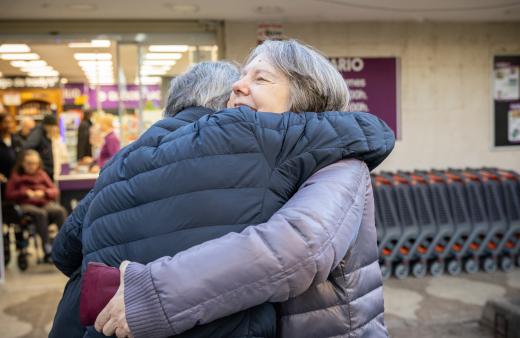Who are carergivers in Europe? OpinionWay survey for Clariane offers a snapshot, revealing both commonalities and national distinctions

They number in the tens of millions across Europe, they are informal caregivers. But who are they really? Which relatives with reduced autonomy do they support, and why? How do they experience this role? How much time do they devote to this voluntary help? To paint a profile for 2025 and highlight the characteristics that emerge from one country to another, Clariane commissioned the OpinionWay institute to survey carers in six countries: Germany, Belgium, Spain, France, Italy, and the Netherlands.
This study, covering countries that together represent two-thirds of the European Union’s population, focused specifically on regular informal carers—those who assist a loved one at least once a week, with help that is not solely financial.
More than one in four Europeans is a caregiver
While the study confirms that caring is a widespread phenomenon in Europe—affecting more than one in four Europeans—it also sheds light on the cultural and social dynamics that sometimes shape how care is provided from one country to another.
In all the countries surveyed, the role of carer typically falls on a single individual, often without support, although more collective approaches are seen in southern countries, especially Italy and Spain. Everywhere, the help provided is regular and multifaceted, blending material, emotional, administrative, and even physical support.
Another key finding: being a carer is a deeply ambivalent experience—balancing burden and fulfilment—where a range of sometimes conflicting feelings and emotions coexist. Perhaps a frequently overlooked aspect is this: most carers say they feel joy and pride from their commitment, and they notice strengthened family bonds as a result.
